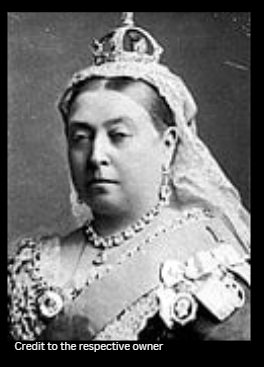Queen Victoria was born in 1819 and, at just eighteen years old, ascended the British throne—a role that would shape not only her own life but an entire era. Her reign lasted over sixty-three years and was marked by tremendous change, both in the United Kingdom and around the world. At a time when women were expected to marry, bear children, and live mostly in the private sphere, Victoria stood at the helm of an empire stretching across continents. She signed laws, met with ministers, and influenced public life in ways that challenged the traditional roles assigned to women in the nineteenth century.
Her presence was a contradiction: both deeply traditional and quietly revolutionary. She embodied the virtues of Victorian domesticity, famously devoted to her husband Prince Albert and their nine children, yet she also held more political power than any other woman of her time. Although not overtly feminist by today’s standards, her very role as a female monarch in a male-dominated age sent a powerful message about women’s ability to lead and influence.
Victoria ruled during a time of rapid industrialization, scientific discovery, and imperial growth. Under her name, Britain built the largest empire the world had ever seen, with nearly a quarter of the global population symbolically under her rule. Trains and telegraphs revolutionized communication and travel, while social reform movements began to address the grim realities of poverty and labor. Throughout these huge changes, she remained a symbol of continuity and authority, her image appearing in homes, public buildings, and even postage stamps worldwide.
As women in Britain slowly began advocating for their rights—demanding education, property ownership, and eventually the vote—Victoria’s life was a paradox. She expressed skepticism about women’s equality, yet her reign inspired generations of women to imagine new possibilities. Whether consciously or not, she helped lay the foundations for the long and ongoing struggle for gender equality.
Queen Victoria was not a perfect figure, nor an outspoken champion for the oppressed, but she was a woman who held real power at a time when so few women could. Her legacy is one of complexity and contradiction, but also of strength, endurance, and the quiet reshaping of what was expected from women.